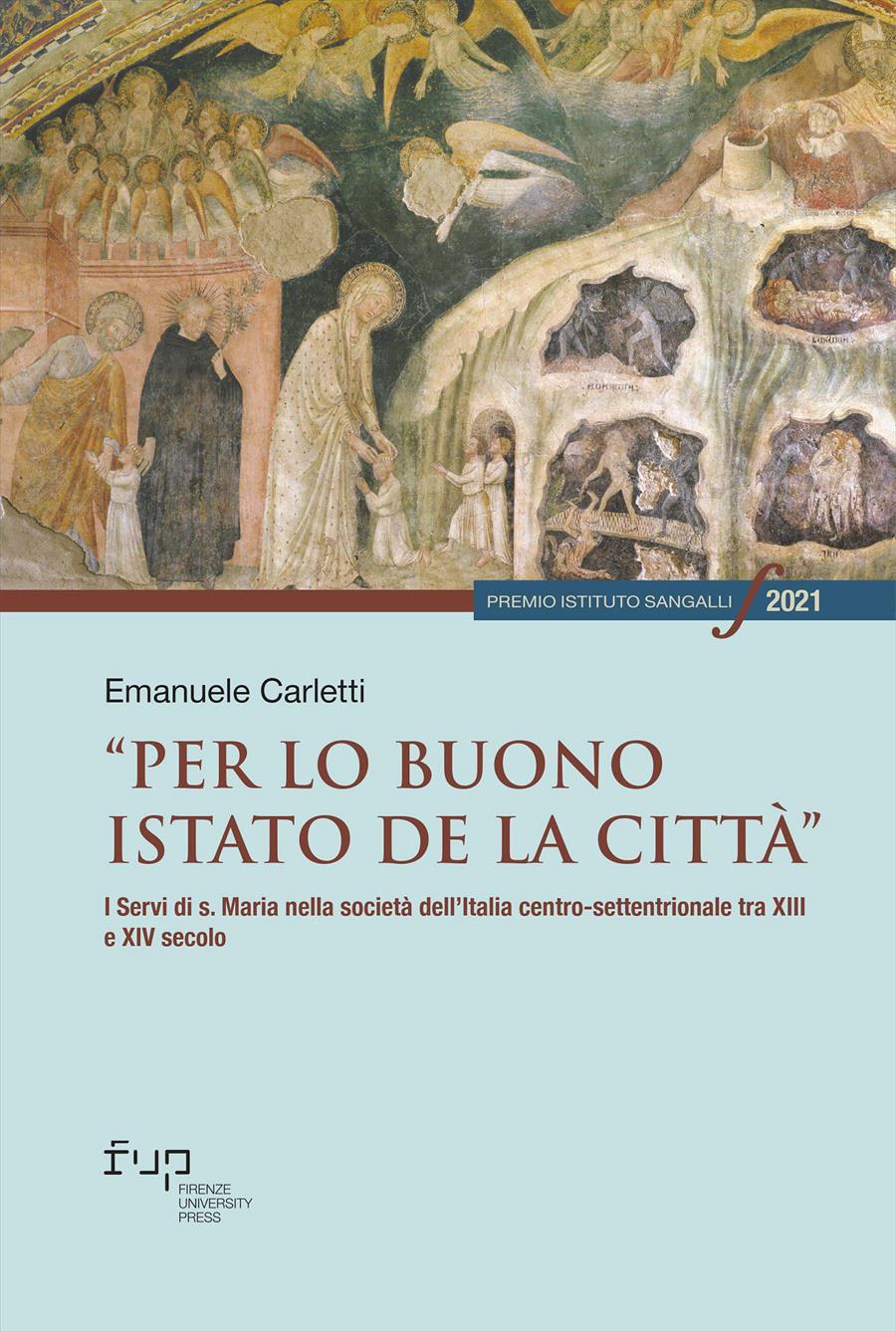This research aims to contribute to the study of the current of non-violence in Islam. A phenomenon often considered extraneous to the heritage of this religion, it nevertheless has several examples of commitment, among whom the Syrian preacher and theologian Ǧawdat Saʿīd (1931-2022) deserves particular attention. Central to our work is a reconstruction of his biographical profile as well as an analysis of the development of his theoretical framework over time. Initially a follower of the salafiyyah and then close to the Islamist movement, Saʿīd played a pioneering role in promoting non-violence as the sole modus operandi of an Islamic activism oriented towards the establishment of global peace and justice. Drawing on a social and anthropocentric reading of the Quran, Saʿīd aims to demonstrate that this is the true meaning of revelation and the purpose of the divine eschatological project.
The book investigates the emergence in Italy between the 16th and 17th centuries of the so-called ‘Jesuitesses’, i.e. congregations of laywomen inspired by the spirituality of the Society of Jesus. Sources in the Archivum Romanum Societatis Iesu show that in the early modern period various Jesuit spiritual directors helped many women, especially nobles, to set up communities without eclosure, dedicated to practices of spiritual improvement and educational activities similar to those of their confessors. In addition to providing a census of these congregations, the study examines the innovations of their forma vitae and analyzes the attitudes, at times supportive and at times oppositional, that territorial princes, bishops, Jesuit generals, the Holy Office, Roman congregations, and popes took towards the Jesuitesses.
Fabio Arlati
«A maggior gloria di Dio»
Firenze University Press 2024

The volume offers a new perspective for the study of the mendicant orders between the 13th and 14th centuries through the example of the Servites in central and northern Italy. The study, despite considering a so-called ‘minor’ order, has made it possible to analyse two essential issues for Western Europe’s late medieval history. The first concerns the transformations of religiosity between the 13th and 14th which saw the prominence of new social classes and institutions. The second concerns the urban expansion, the economic growth and the political-institutional and socio-cultural changes that characterised the cities of the time. The Servites were expression and later fine interpreters of these processes, becoming actors who were anything but marginal in the social context of late medieval Italy.
Emanuele Carletti
“Per lo buono istato de la città”
Firenze University Press, Firenze 2023


